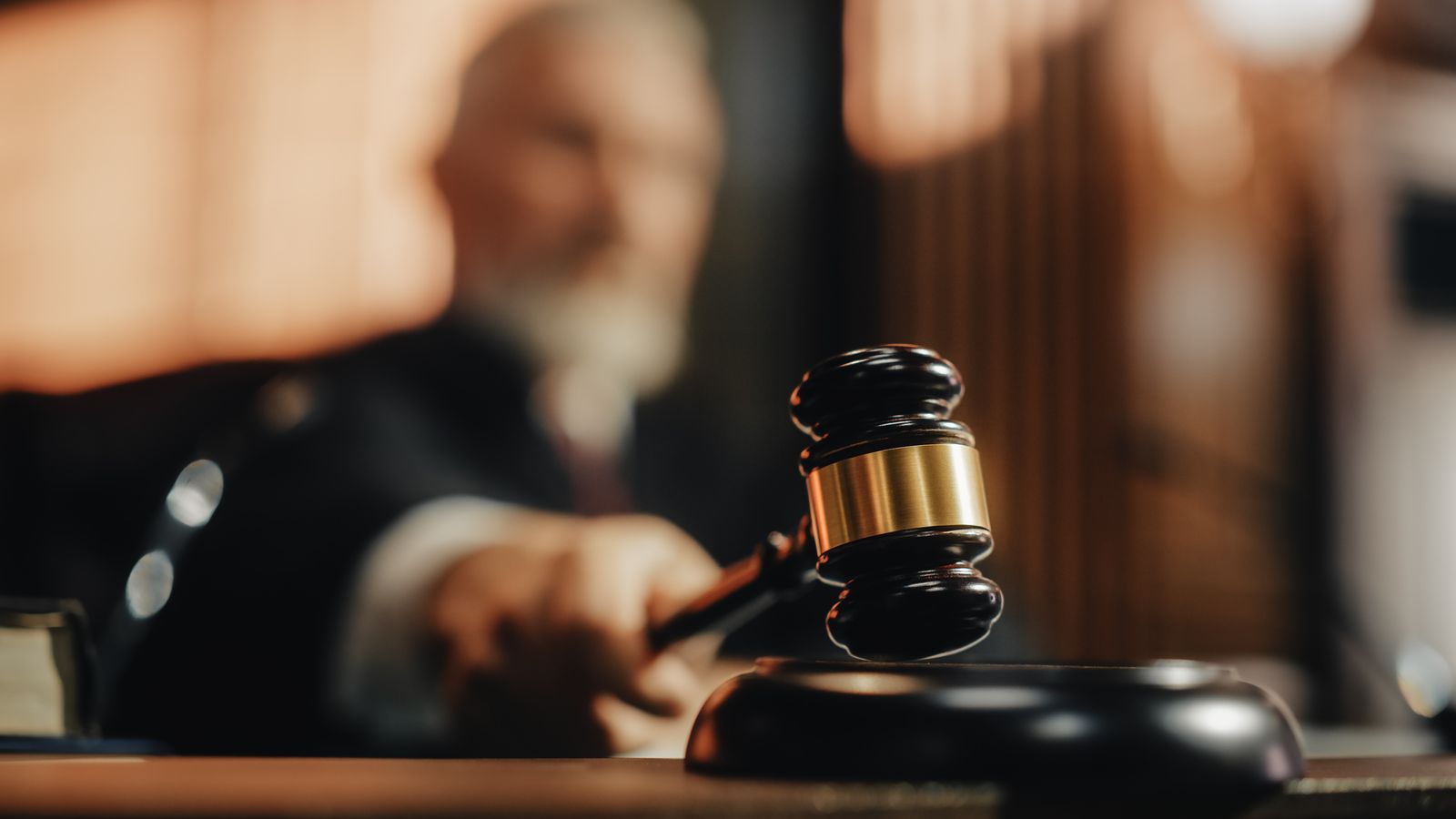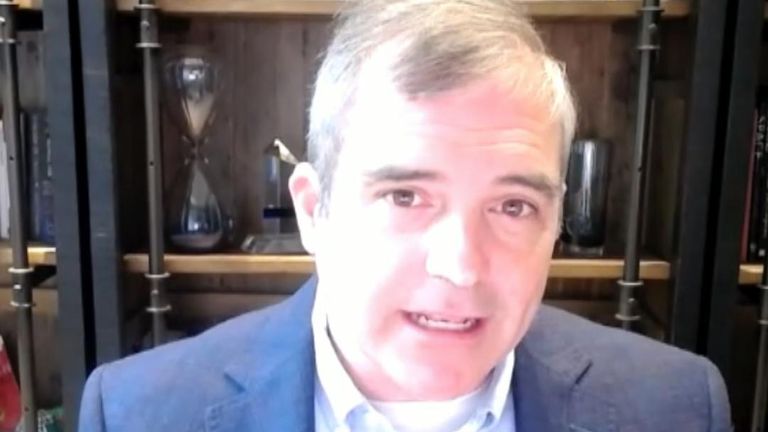A British judge has admitted using ChatGPT to write part of a case ruling.
Lord Justice Birss said he called on the “jolly useful” AI chatbot to summarise an area of law he wasn’t familiar with, and then copy and pasted its response.
The Court of Appeal judge, who specialises in intellectual property law, said such tools had “great potential” to help people become more efficient at work.
Speaking at a law conference, reported by The Law Society Gazette and the Telegraph, Lord Justice Birss said: “I asked ChatGPT can you give me a summary of this area of law, and it gave me a paragraph.
“I know what the answer is because I was about to write a paragraph that said that.
“But it did it for me and I put it in my judgment.
“It’s there and it’s jolly useful.”
Read more:
Putting chatbots to the test on dating apps
The author embracing AI to help write novels
However, the judge stressed the importance of not relying on AI for topics on which you know nothing about.
ChatGPT and similar tools have proved prone to something known as hallucination – or making stuff up.
Earlier this year, two New York lawyers were fined over a legal brief with fake case citations generated by ChatGPT.
They had used it to find legal precedents supporting a client’s personal injury case against an airline, but many were shown up in court as being completely fake.
Lord Justice Birss said he felt confident to use it because he could recognise its answer “as being acceptable”.
“I’m taking full personal responsibility for what I put in my judgment, I am not trying to give the responsibility to somebody else,” he added.
Sky News has contacted the Judicial Office for comment.


